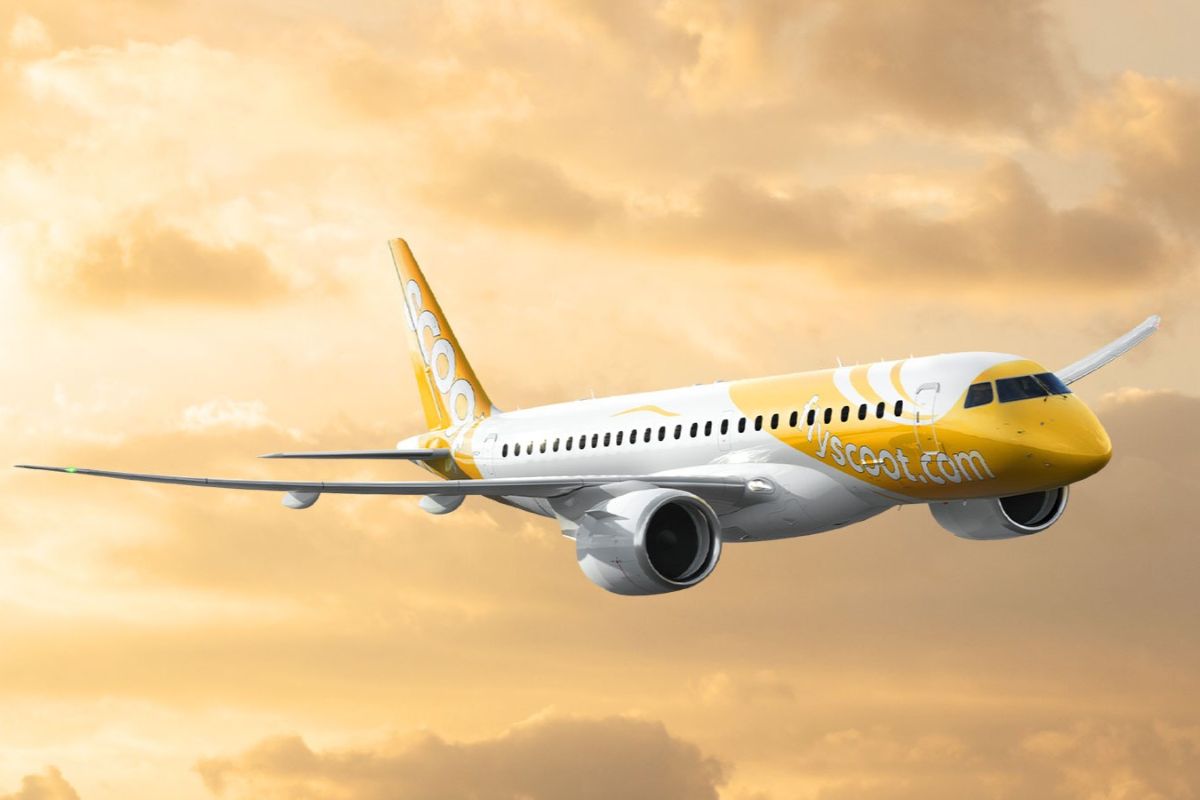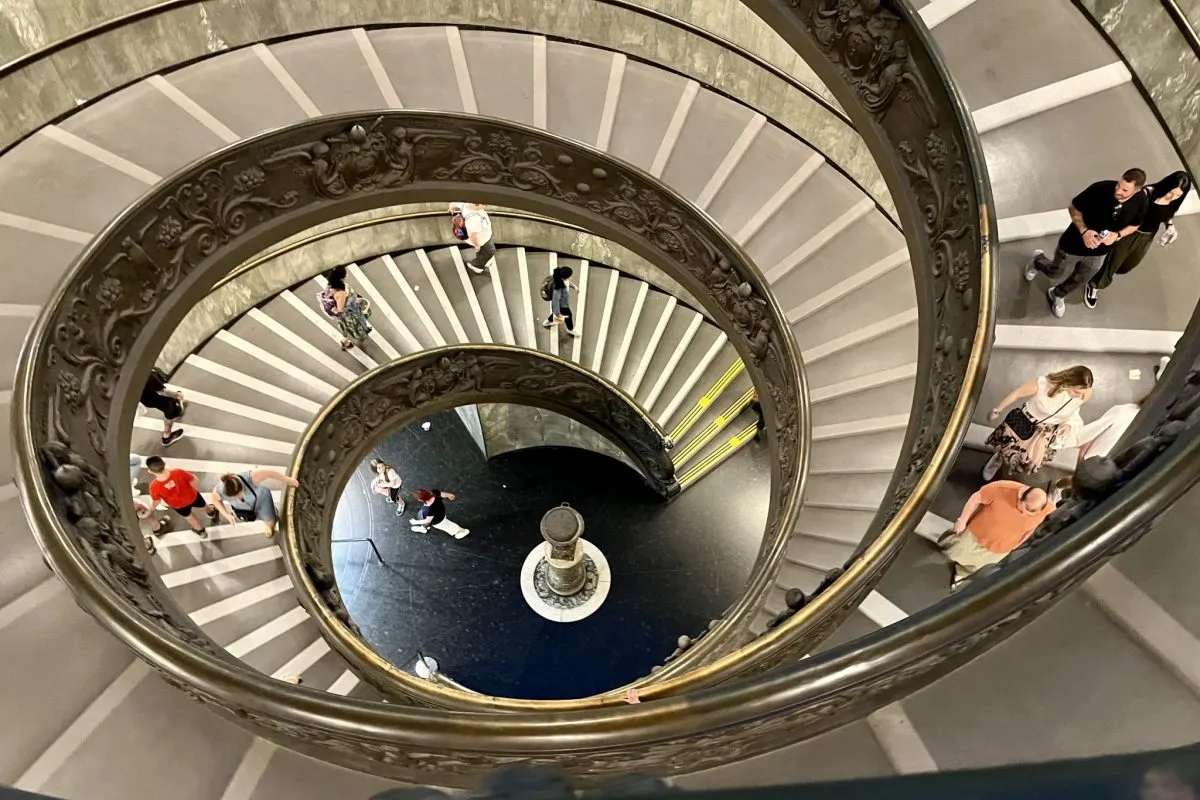U.S. Senior Official Defends Government's Lack of a Tourism Agency
A senior U.S. official found himself explaining to world leaders how tourism works within the U.S. government.

While the World Travel and Tourism Council Global Summit, held in Saudi Arabia this week, welcomed tourism ministers from around the world, one speaker defended his country’s political approach.
Speaking during the “Reducing the Footprint of Travel & Tourism” panel, Mark Keam, deputy assistant secretary for travel and tourism Industry, International Trade Administration, was asked if the country would benefit from a cabinet level specific tourism/culture person?
“The U.S doesn’t have a tourism minister,” Keam replied. “I have the role as deputy assistant secretary for travel and tourism in the United States government, which is the functional equivalent of the ministry of tourism, but we don’t call it that, because in the U.S. we don’t have ministries.”
The assistant secretary was quizzed following an earlier remark by a panelist during the summit that the U.S. was “difficult to engage” with.
“But the reason I think we have it in somewhat better shape is that we’re part of the U.S. Department of Commerce, which is a government and private sector-facing agency,” Keam continued. “But we’re also part of the International Trade Administration, which is about bringing international travelers into the U.S. to raise money.”
Earlier in the day, Greg O’Hara, founder and senior managing director at travel investor Certares, was probed by CNN's Richard Quest on why the U.S. tourism industry, which was “so crucial,” punches at a relatively low weight when ministers sit around cabinet tables.
“They don’t even have a tourism minster. They don’t have a secretary of tourism in the United States. It’s difficult to find people to talk to,” O’Hara replied. “Other people have tourism ministries, but they’re not allocated capital.”
But speaking later, Keam said that travel and tourism was discussed at the highest level.
“Having different boxes within the government is less important than what the functionality is,” the assistant secretary said. “From my perspective, the fact we are talking about travel and tourism at the highest level in our government is important enough. Frankly, the travel and tourism industry is such a big part in the U.S., at 2.9 percent of our gross domestic product, that across the board we hire so many people. It doesn’t matter which box of the agencies you’re in.”
The U.S. does have Brand USA, a public-private partnership to promote international visitation, which was founded in 2010 when there was no such promotional body on a national level.




